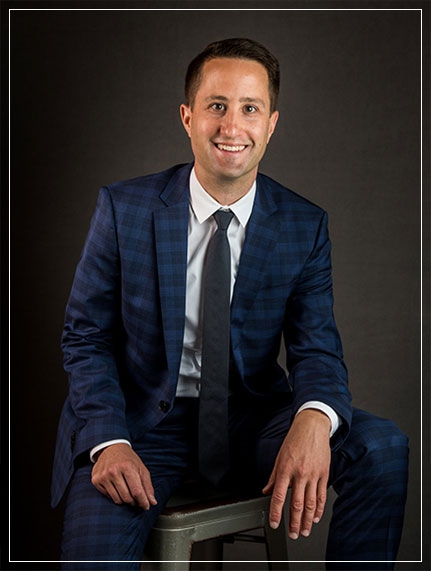It can be a terrifying experience to be charged with a crime you know you did not commit. Unfortunately, many people find themselves in this situation. In some cases, they  are convicted and sentenced to lengthy prison sentences before new evidence comes to light that they can use to overturn their convictions.
are convicted and sentenced to lengthy prison sentences before new evidence comes to light that they can use to overturn their convictions.
If you are being investigated by the police or have been arrested and know you are innocent, you need to take action to protect yourself. Here’s what you need to know about what to do to defend yourself.
Reasons You Could Be Falsely Accused
There are many reasons that the police could mistakingly charge you with committing a crime you did not do. Some common reasons include:
- Mistaken identification. A witness or the victim could misidentify you as the person who committed the crime. Misidentifications often happen in police lineups.
- Recollection errors. This type of error could occur if someone fails to accurately remember the details of the crime.
- Malicious false accusations. An accuser could purposely falsely accuse you of committing an offense. They could be someone you know, such as a spouse or ex-partner, who is angry and wants to get back at you. Another scenario is where a cellmate claims you confessed to the crime in an effort to get a favorable plea bargain in their own criminal case.
- Official misconduct. The police or prosecutor could engage in misconduct that results in your arrest. For example, the police could conduct a search without a warrant, stop you without probable cause, violate other constitutional rights, mishandle evidence, and much more.
- Forensic evidence problems. The results of DNA testing, hair analysis, or other tests could be done incorrectly, or the results exaggerated to help the police and prosecutor build a case against you.
Seven Steps You Should Take to Defend Yourself
You need to take immediate steps to defend yourself if you are being investigated by the police or are facing criminal charges. Your actions could have an important impact on the outcome of your criminal case. Here’s what you need to do:
- Take the charges seriously. You cannot assume that the police, prosecutor, or judge will realize that a horrible mistake was made in your case. You need to take the charges seriously. You should learn about the crime you are accused of committing and the penalties you face.
- Hire a lawyer. You need to retain an experienced criminal defense attorney immediately. They will mount an aggressive defense strategy that could result in the charges being dismissed or reduced to a less serious offense.
- Conduct an investigation. Your lawyer will conduct a thorough investigation into the crime you are being falsely accused of committing. They will obtain the evidence that the police have against you and interview witnesses for your defense. They may also hire expert witnesses who can challenge DNA and other test findings and who can otherwise help in your defense.
- Collect evidence. You need to collect any evidence that could help your attorney defend you. Depending on what criminal charges you are facing, you may need to obtain physical evidence, such as clothing, photographs, or other objects. Other evidence that may be helpful are documents, such as emails, texts, financial statements, and GPS data.
- Make a witness list. You need to obtain the contact information for any witnesses that can provide helpful information, such as those who witnessed the crime and will testify you did not commit the crime or who can provide you with an alibi.
- Follow your attorney’s advice. It is crucial that you follow your lawyer’s advice on what to do and not do while your criminal case is pending. This will help them mount the most effective defense strategy and keep you from taking actions or making statements that weaken your defense.
Four Actions You Should Not Take
The last thing you want to do is to take actions that the police can use against you or make you appear guilty. Here are four things you should not do:
- Do not destroy any evidence, even if you think it could be damaging.
- You should not talk to the victim or witnesses. Let your lawyer interview them for you.
- Do not talk to the police or prosecutor. You will not be able to convince them of your innocence if you do. Instead, exercise your right to remain silent even before the police give you your Miranda warnings, and only talk to law enforcement officials when your lawyer is present.
- Do not consent to a DNA or other test without first consulting with your attorney.
|
Related Links: |
